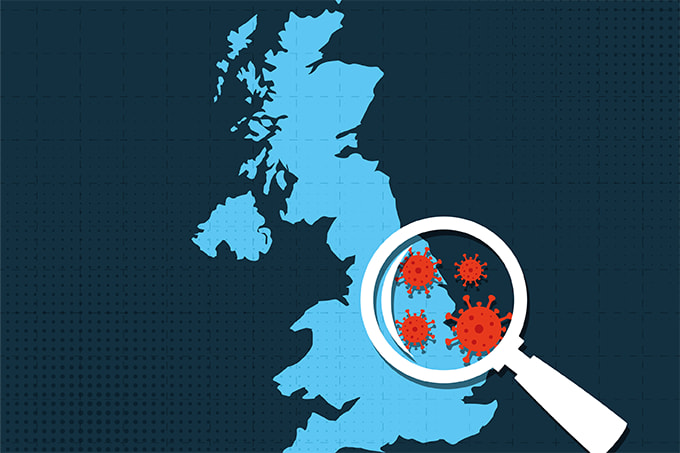We asked pathologists and laboratory medicine professionals to tell us how their professional and personal lives have changed during the COVID-19 pandemic.
Fred Plapp, Clinical Professor and Medical Director of Laboratory Medicine at the University of Kansas School of Medicine, Kansas City, USA
My emotions during this pandemic have ranged from amazement to dismay, frustration to pride. I have been amazed by how rapidly this pandemic transformed society at large and healthcare in particular. I have been dismayed by our federal government’s dysfunction. Science denialism, partisan politics, and an emphasis on the economy over health and safety delayed an effective early response to contain viral transmission. Decentralized authority, expensive healthcare, a marginal public health network and low medical system capacity will make it even more difficult to contain this pandemic in the USA.
As a Medical Director of Laboratory Medicine, I have been frustrated by how difficult it has been to procure enough swabs, reagents, and instruments to set up SARS-CoV-2 testing so we can support the needs of our health system and the community. On the other hand, it has been truly amazing to see how rapidly our healthcare system has transformed itself to prepare for the onslaught of critically ill patients. Lastly, I have felt great pride in the central role that laboratory medicine has played in this transformation. Our Medical Director of Microbiology and a small team of clinical laboratory scientists worked around the clock to validate testing in-house. This development made it much easier for incident command to triage patients and conserve personal protective equipment. Subsequently, the laboratory has continued to play a vital role in cross-training clinical laboratory scientists, building instrument interfaces, formatting test reports, ensuring test accuracy, advising on appropriate test utilization, complying with regulations, and assisting in the development of an incident command dashboard. All of this has been accomplished in record time by a dedicated group of professionals!

Ian Cree, Head of World Health Organization Tumour Classification at the International Agency for Research on Cancer, Lyon, France
I’m locked down in Lyon, allowed out once a day for exercise or shopping up to one kilometer from my apartment and working entirely from home. I spent the entire first week chairing the WHO Classification of Tumours Editorial Board by Zoom, thanks to amazing efforts from the expert editors – many of whom got up very early or stayed up very late to be there. The result is a fantastic new Thoracic Tumours volume, which will be out in the summer, and a great start to the CNS and Pediatric Tumours books, for which we are now inviting authors.
Along with the Alliance for Digital Pathology, we’re helping the COVID-19 effort by bringing pathologists together around the world to pool their experience from patient samples (mainly autopsies) to understand the pathogenesis of the disease and hopefully come up with new interventions. COVID-19 is clearly the focus of many at the moment, but cancer patients still need pathologists, and our work continues unabated, funded as it is by those who buy the WHO Blue Books and subscribe to our website.

Ivan Damjanov, Professor Emeritus, The University of Kansas, Kansas City, Kansas, USA
Because I no longer work in the hospital, my major contribution to the fight against SARS-CoV-2 is sheltering in place. I would not mind getting involved, but let’s be realistic!
Although I read a lot, I don’t usually share articles about COVID-19. However, because these lines will be read by my fellow pathologists, I could not resist mentioning the “National COVID-19 Diagnostic Testing and Support Strategy” unveiled by Gene Segal, President of the American Society for Clinical Pathology (1). If you have not seen it, please read it.
In my own reading, I noticed that it contains many key words beginning with co – the same two letters as the disease caused by this contumacious virus. As an amateur psychoanalyst, I concluded that the clear message of this call to action has been amplified by a bunch of words for your subconscious! Choose the one you think is the most important from the following list, assembled by a cut-and-paste approach from the ASCP document: coordinate (resources), (in) concert, confront (the pandemic) and contain (it), comprehensive (national strategy), (testing, treatment, or hospital) costs, contact (tracing), and community. All of these might be equally important to combat the virus. I would, however, add two more: to communicate as clearly as possible what we pathologists stand for and what we contribute to the fight.

References
- American Society for Clinical Pathology (2020). Available at: https://go.aws/2RUeF1t.




